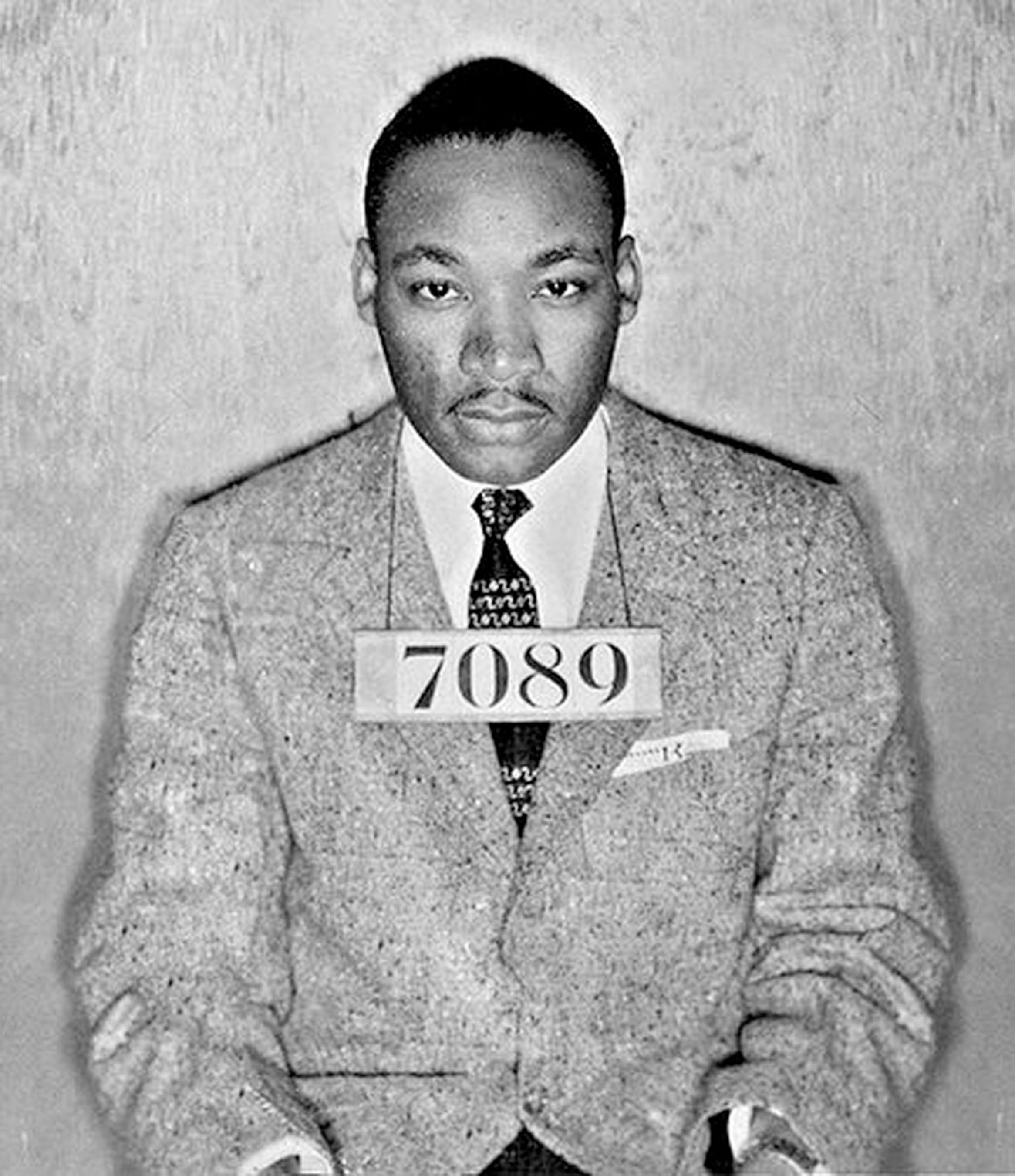Letters from Birmingham Jail by Martin Luther King - Summary
King makes a distinction
between just/moral and unjust/immoral laws and makes the claim that unjust laws
do not have to be obeyed. Segregation laws are unjust and therefore must not be
obeyed. Furthermore, Negroes are prevented from voting and changing the laws
and so the laws are politically and undemocratically unjust. These laws must be
disobeyed openly so that their breacher, by breaking the law, illustrates the
unfairness of it.
King cites precedents of
civil disobedience that changed society for the better, and instances of unjust
laws.
King is disappointed
with the "white moderate" who is content with keeping the peace
rather than justice, and so are resistant to the necessary tension that is a product
of the civil rights revolution. They agree with the principle of equality but
not to the actions that must be taken to achieve it. They think that blacks
should wait before claiming their rights. He is grateful for the few whites
that do join the black struggle.
King sees himself as
standing in the middle of two opposing forces in the black community, the
oppressed/complacent black whom inequality doesn't bother and the bitter and
angry black who verge on violence. King aspires to find a middle ground in
nonviolent protest.
Aside from a few
exceptions, King is disappointed with the white church. Most of them have been
cautious or even opposed to the struggle, claiming that religion is not
concerned with social matters. He mourns the corruption of the church, that
obeys the status quo rather than true Christian values.
The Birmingham police
department has used violence and racism in nonviolent protests for civil
rights. They were relatively mild and commended for that. King wishes that the
negroes who stand up for their rights would be treated with the same
commendation.









Comments
Post a Comment
Hey friend! 🌈 I can't help with your assignments but maybe other readers can. Good luck! 🤞